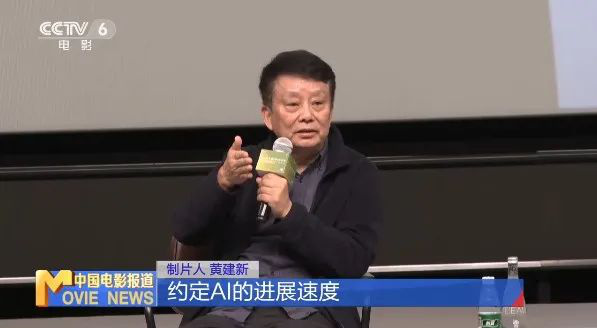She in "Under Makes" took the job of a real actress?
Special feature of 1905 film network The online drama "Under the Alien", starring, recently ended. Among them, the participation of digital actor Lili has attracted everyone’s attention.
In recent years, with the continuous development of AI technology, digital actors frequently appear in film and television works, so what is the audience’s acceptance? Will digital actors take away the jobs of real actors in the future? ""brings exclusive observation.
In Under the Alien, digital actor Li Li plays a role of losing limbs and showing his power through electromagnetic wave wandering — — "two strong". Through AI technology, the actions and subtle expressions needed by the role are realized.
Dai Qing, a professor at Communication University of China, believes that "Erzhuang is the center of digital integration, and the role setting is more suitable for this figure. I think the appearance is too perfect, and her personalization may be a little weak. "
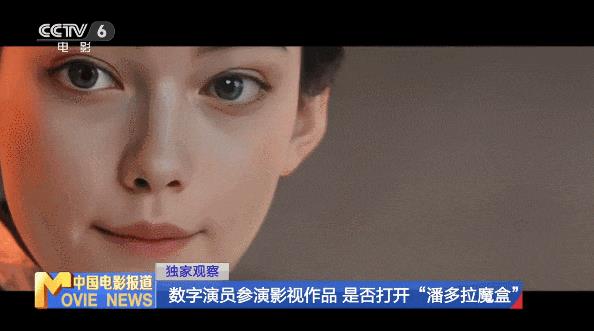
In recent years, digital actors created through AI technology have gradually entered the audience’s field of vision.
In the TV series "20 Don’t Confuse 2", the digital actor 202 performs in the form of combining with equipment. The digital actor Ji Feng based on the image of the actor and the virtual idol Chun Cao made by film technology are also exerting their strength in the fields of film and television and games.
Cai Juntao, CEO of WeiHaiCan Entertainment, said that in the future, Chuncao, a digital person, will be operated as a real artist, allowing her to perform movies, sing songs and record variety shows.
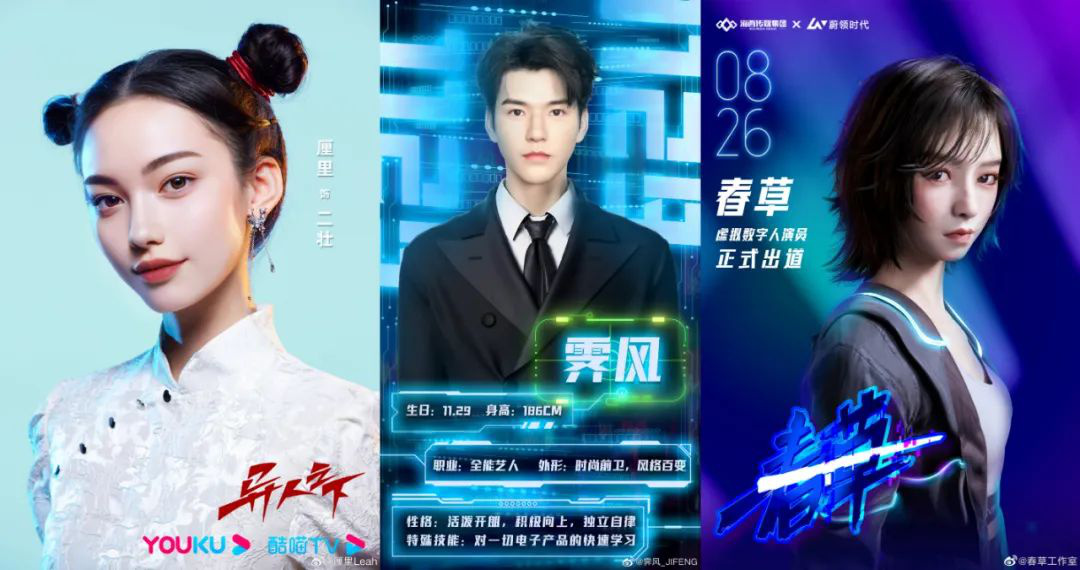
It is understood that the digital mile created by AI technology reduces the cost and time invested in modeling, original painting and other links, and also avoids the dependence on moving capture technology, which reduces the production cost by 80% and improves the efficiency by 40%. Efficiency and convenience are the important reasons why producers admire digital actors.
Guo Jianjun, founder of the C-TREK era, said, "AI is an improvement of productivity for us. We hope that it is also a liberation of productivity. I hope that AI will appear more and more in our works in the future."
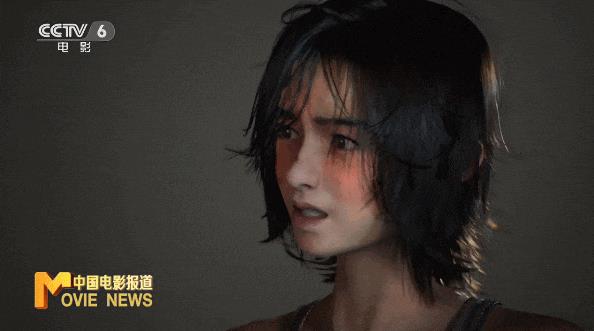
On the other hand, digital actors can also fill the gap of real actors.
"When we have appeals to an actor, we especially like him, like his sunshine, like his strong body muscles, and like all kinds of him, but it is a pity that he has a little melancholy eyes to some extent, which is even more touching. There are very few such actors in life, and they have done it in AI. I saw an experiment they did, and it was perfect." The director shared.
The arrival of digital actors also shocked the actors.
"() showed me a video, about 30 seconds. He is an old man, in an indoor environment, the lights are dim, and he is talking lines inside, and his expression is a little sad. Director Frant Gwo asked me, What do you think of his performance? I said it was good. It was quite distracting. Then he told me that this was a performance made by AI. Teacher Frant Gwo looked at me proudly and said, Songwen, this is the challenge of the future. I felt a little depressed. I’m thinking that AI may be perfect, but we humans have become more real because of our own defects, which may be exactly what AI technology can’t do. Performance should be to interpret the truth in life we have seen. "
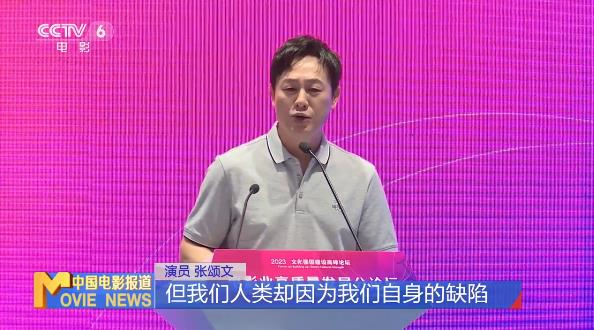
Faced with the threat posed by digital actors, many people are as optimistic as Zhang Songwen.
Simon, an actor, said, "With the progress of science and technology, there is no way to stop the wheel of this era. I still have food so far, and he won’t take over my job. " The actor said, "Now the technical development of expression has been very advanced. Looking closely at Chuncao’s expression is really lifelike, and I look forward to working with her." The director said, "AI’s character image certainly can’t replace the actor’s real, warm, personal experience and full of agility."
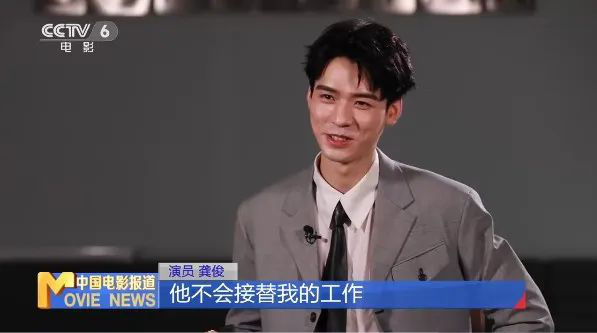
At present, digital actors are still in their infancy, and there is still a broad space for technological development, and they are also facing problems such as high production cost and insufficient production capacity. However, many people in the industry are still very optimistic about the development prospects of digital actors in the film and television industry.
"In the future, there will be more AI performances and various forms of artistic expression, but it will definitely take a period of accumulation, because it requires too many technical achievements, including the level of performance, the subtlety of movements, and more realistic voices and dubbing." Dai Qing pointed out.
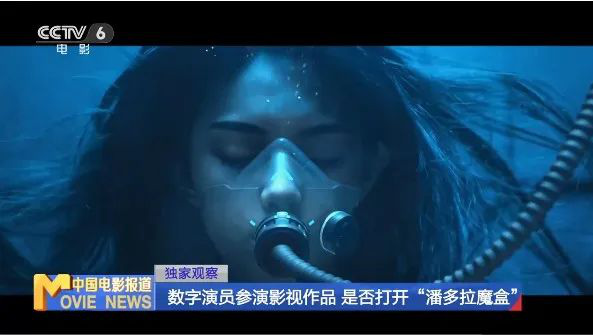
In July this year, in Hollywood, actors and screenwriters faced the threat of being replaced by AI and staged an unprecedented strike. Domestic filmmakers also hope to standardize and guide the healthy development of AI technology and digital actors.
Yin Li believes that "the use of this virtual actor in AI technology will also involve digital version, portrait rights and other issues that have not appeared before", and Huang Jianxin believes that "now all countries in the world are legislating to stipulate the progress speed of AI, so as to solve the relationship between people and AI system. If it is just a tool for you, countries will definitely not legislate, so we are facing a huge challenge. "
